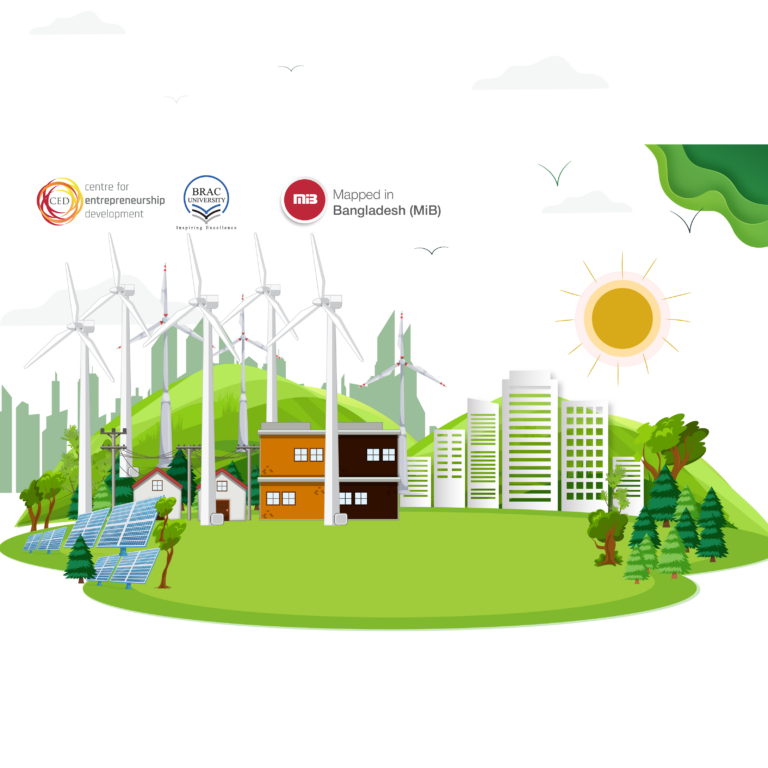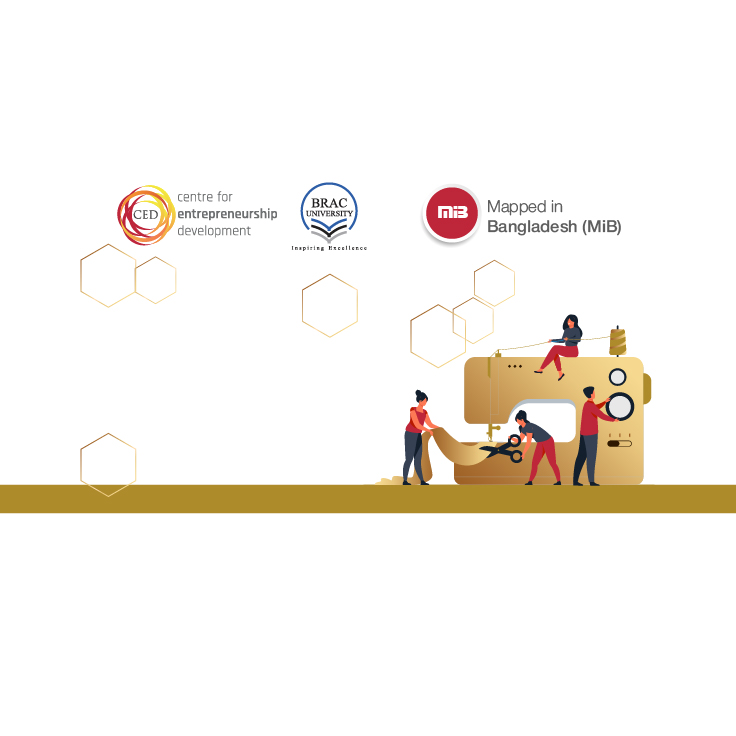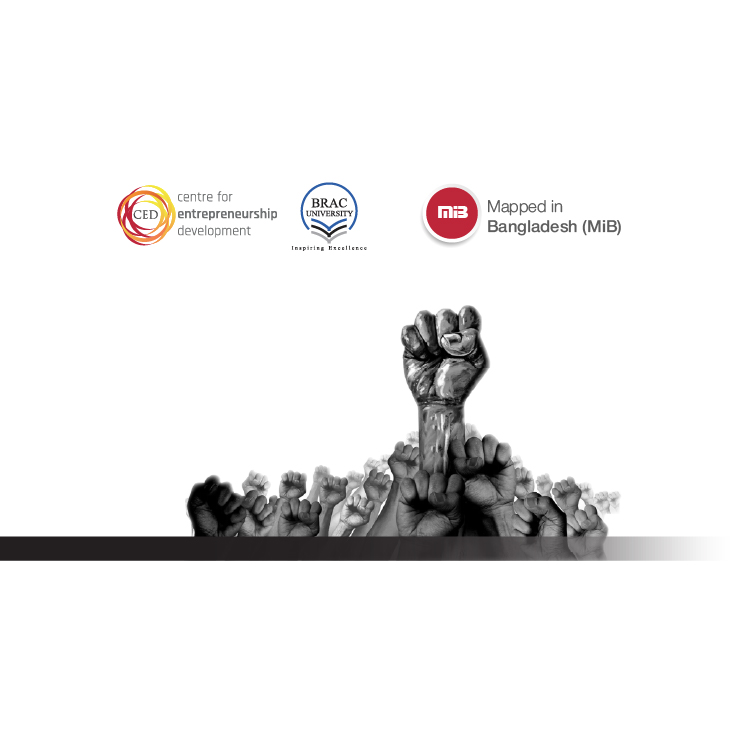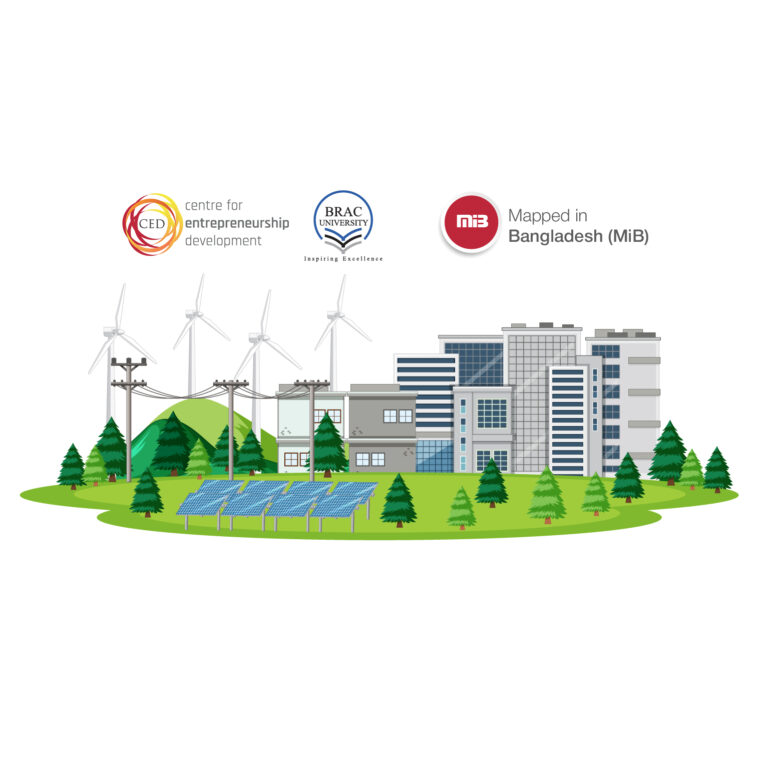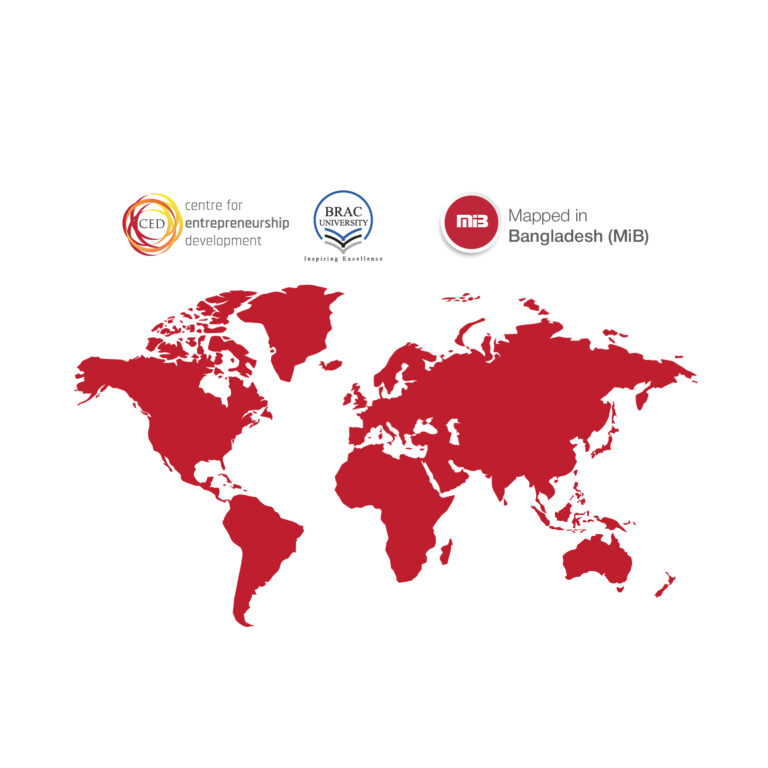Enabling Research on Renewable Energy Adoption in Bangladesh’s Apparel Sector
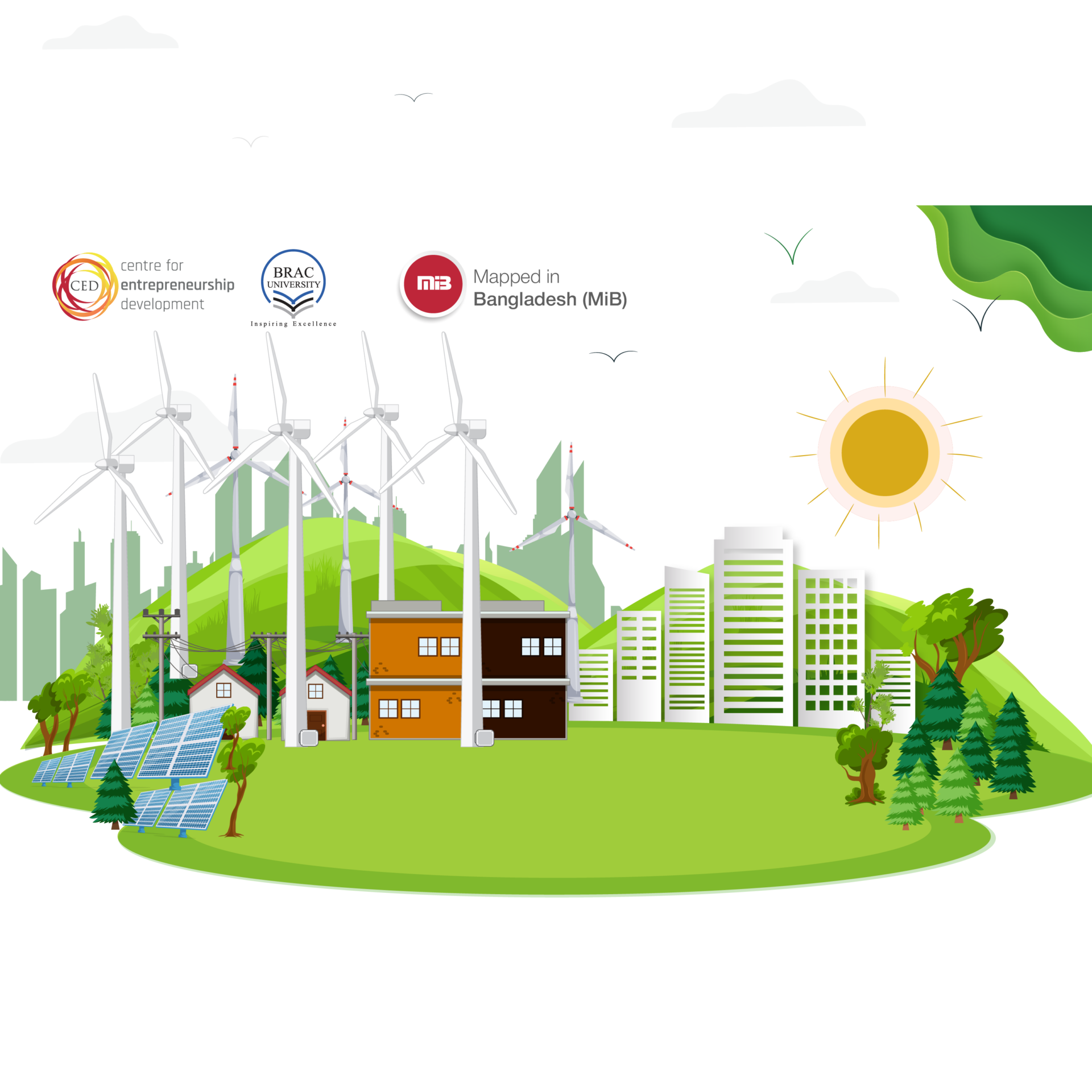
Background
Bangladesh’s apparel sector is energy-intensive and continues to rely heavily on grid electricity and captive generators. To explore pathways for renewable energy adoption, the BRAC James P Grant School of Public Health (JPGSPH), BRAC University, in collaboration with the Centre for Entrepreneurship Development (CED), BRAC University, and the BSRM School of Engineering, BRAC University, conducted the study “Exploring Adoption of Renewable Energy Technology (RET) among Apparel Exporters in Bangladesh.”
The research was supported by the Private Enterprise Development in Low-Income Countries (PEDL) initiative under its exploratory research grant on climate change and was carried out in the Dhaka Power Distribution Company Limited (DPDC) service area, which includes Dhaka South City Corporation and Narayangonj District. Dr. Atonu Rabbani, Professor of the Department of Economics at the University of Dhaka, served as the Principal Investigator. The study combined a large-scale survey of factories with key informant interviews involving industry leaders, regulators, and development partners.
The Challenge
Before this project, no large-scale survey had been conducted to systematically capture energy-related data in Bangladesh’s apparel sector. Major challenges included identifying factories within the DPDC area, securing access for fieldwork, and ensuring data quality and representativeness. Without a verified and up-to-date factory database, these tasks would have been highly resource-intensive and risked undermining the credibility of the research.
The Solution
Mapped in Bangladesh (MiB) provided comprehensive support throughout the research process. MiB contributed to the study design, collaborated on developing survey instruments, and leveraged its verified factory database to identify all relevant factories within the DPDC area. It also facilitated access to factories, oversaw sampling, and supported field implementation to ensure timely completion. MiB trained enumerators and field supervisors on energy-specific data collection methods, monitored fieldwork, and ensured data quality control. Finally, MiB shared a clean dataset, assisted in analysis, and contributed to report writing, helping the research team complete the study efficiently and produce credible, policy-relevant insights.
The Result
The study revealed that while factories view renewable energy as “extremely important” for sustainability and production, actual adoption remains low at just 7.3 percent. Key barriers include high installation costs, limited expertise, and policy gaps. The findings are now informing policy discussions and industry strategies for a just transition.
Building on these results, one new study titled “Exploring Bangladesh’s Green Transition: Decarbonization in the Pharmaceutical Industry” has been designed. It is jointly undertaken by BRAC University units with funding from the Research Seed Grant Initiative (RSGI) of BRAC University. Additionally, the earlier study on renewable energy adoption among apparel exporters has been scaled up to Gazipur District, one of the country’s most factory-concentrated areas, and is now being funded by the International Growth Centre (IGC) at the London School of Economics.
These outcomes demonstrate how open and reliable data can drive evidence-based research and inspire new lines of inquiry across industries, contributing to Bangladesh’s broader green transition.
Testimonial
CED’s Mapped in Bangladesh platform provides the most comprehensive database of Bangladesh’s apparel exporters, complete with geolocation data. This resource, along with CED’s ability to conduct large-scale industry surveys, has been instrumental to my research projects. CED is building a vital public good for academics, policymakers, and the industry.

Implemented by
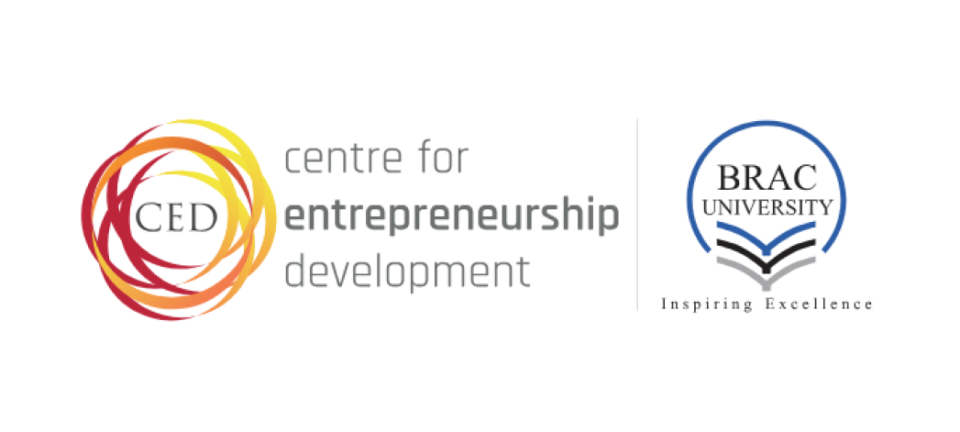
Funded by

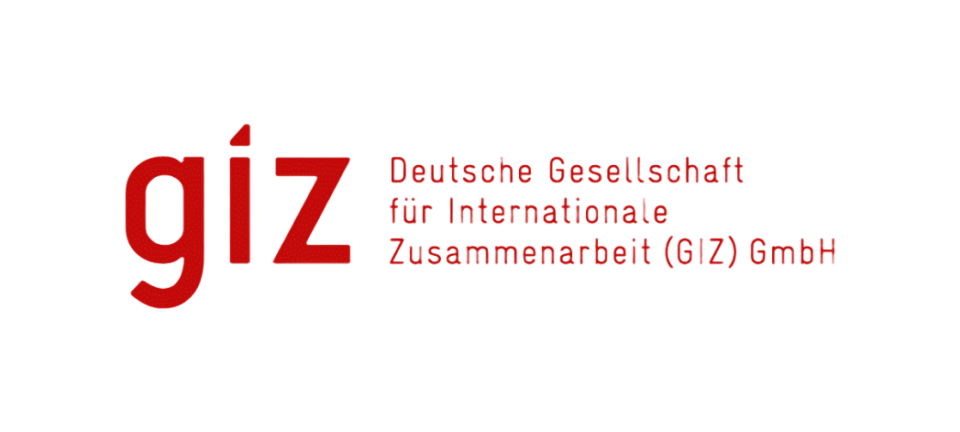


Implemented by
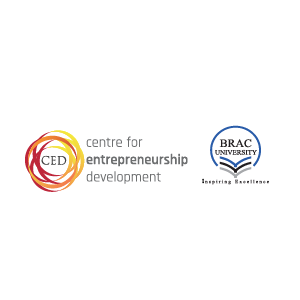
Funded by

Co-funded by

Strategic Partner

Strategic Partners

Latest Case Studies
Read the case studies and updates from the MiB team.
